Home> News
BSC members elected as CAS, CAE academicians
Updated: 2023-11-30
The prestigious Chinese Academy of Sciences (CAS) and the Chinese Academy of Engineering (CAE) announced the results of their 2023 academician elections, bringing honor to several members of the Biophysical Society of China (BSC) on Nov 22.
Notably, Zhang Hong, vice-president and secretary-general of the BSC, was elected as a CAS academician.
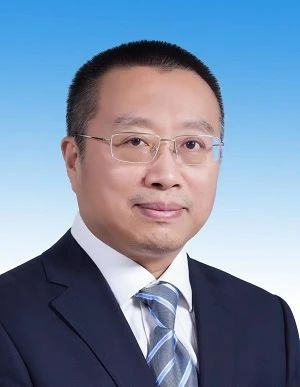
Zhang Hong [Photo/WeChat account: BSC]
Zhang, a researcher at the CAS Institute of Biophysics, vice-director and research team leader of the National Laboratory of Biomacromolecules, as well as deputy chief editor of Biophysics Reports, has dedicated his career to the study of cellular autophagy.
His groundbreaking contributions to the molecular mechanisms of multicellular autophagy and the relationship between abnormal autophagy and diseases have significantly enriched people’s knowledge and are of great significance in elucidating the pathogenesis of related diseases and developing new treatment strategies.
As a corresponding author, Zhang has published numerous research papers in high-impact journals such as Cell, Nat Cell Biol, Mol Cell, and PNAS.
In addition to Zhang, several other BSC members, including Chen Chunying, Gao Shaorong, Yan Ning and Zheng Hairong were also elected as CAS academicians. Wu Yuzhang is on the list of CAE academicians.
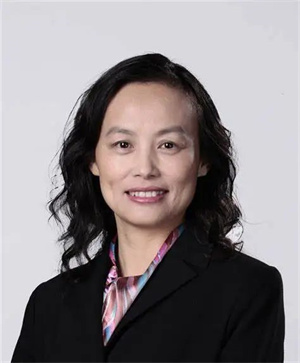
Chen Chunying [Photo/WeChat account: BSC]
Chen works as a researcher at the National Center for Nanoscience and Technology and is deputy director of the CAS Key Laboratory for Biomedical Effects of Nanomaterials and Nanosafety. She focuses on the analysis of nanoscale protein coronas and their biochemical effects and detection methods and mechanisms of nanomaterial behaviors in biological systems, and conducts research on nanoadjuvants and delivery systems.
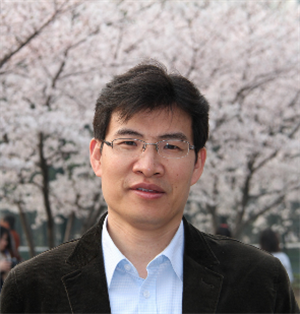
Gao Shaorong [Photo/WeChat account: BSC]
Gao is a professor and dean of the School of Life Sciences and Technology at Tongji University and director of the Frontier Science Center for Cellular Pluripotency and Fate Editing. His research revolves around the epigenetic regulation mechanisms of embryonic development and cell reprogramming.
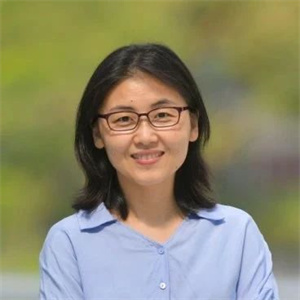
Yan Ning [Photo/WeChat account: BSC]
Yan is a council member of the BSC Cellular Calcium Signaling Academic Subgroup, founding president of the Shenzhen Medical Academy of Research and Translation and director of the Shenzhen Bay Laboratory.
Yan, also a Tsinghua University Chair Professor, is a researcher at the Beijing Frontier Research Center for Biological Structure, a foreign associate at the US National Academy of Sciences and an international honorary member of the American Academy of Arts and Sciences.
She has dedicated her efforts to the structural and mechanistic studies of transmembrane transport, contributing crucial insight into the atomic-resolution structures of transmembrane proteins with physiological and pathological significance, and providing a molecular basis for understanding the pathogenesis of related diseases and drug development.
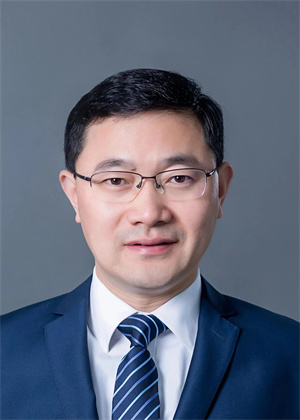
Zheng Hairong [Photo/WeChat account: BSC]
Zheng is vice-president of the BSC Molecular Imaging Academic Subgroup, researcher and deputy director of the CAS Shenzhen Institute of Advanced Technology, and director of the National Innovation Center for Advanced Medical Devices, the Key Laboratory of Medical Imaging Science and Technology Systems, the National Medical Imaging Technology Equipment Engineering Laboratory and the Paul C. Lauterbur Research Center for Biomedical Imaging.
Zheng leads research in medical imaging and medical instrument systems, specializing in acoustic and magnetic biophysics.
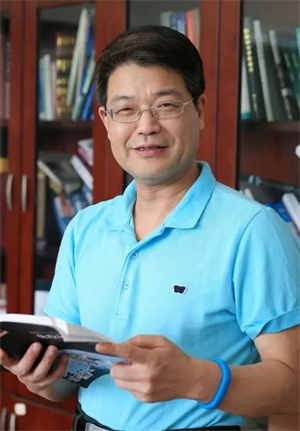
Wu Yuzhang [Photo/WeChat account: BSC]
Wu is a professor at the PLA Army Medical University, as well as the director of the China National Research Center for Immunobiological Products, the National Engineering Laboratory, and the National Bioindustry Base Pharmaceutical Pilot Production Center.
He explores specific immune response regulation and pioneering antigen engineering technologies, and discovered for the first time a new subgroup of T-cells and a new mechanism for regulating T-cell differentiation and fate.
These outstanding achievements underscore the remarkable contributions of the BSC members to the scientific community and further solidify their positions as leaders in biophysics and related fields.
